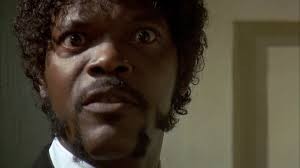
Final papers are coming up, and in combing through a variety of sources related to social media and librarians, I stumbled upon an interesting article about a Facebook group for health librarians. Having seen an issue with how health information is shared, and specifically with the prevalence of anecdotal “science” and the lack of well-supported literature, the author of this paper started a Facebook group in which medical librarians could share sources and discuss their implications. The groups is called “Biome Reconstitution”, and with 741 members and daily postings, it seems to be the success story/mascot that LIBR 559 and other social media touting librarians have been looking for. Unlike a general librarian’s Facebook group, in which members can post 85 only-slightly different pictures of their cat every hour, this group is designed to be “structured on certain professional standards of high information quality, have guidelines around group con- duct, and be respectful of copyright” (Beales, 2016, p. 16).
With a great deal of both library professionals and students rejecting the affordances of Facebook for professional-related endeavors, I found the author’s justification for choosing Facebook as the arena for this group to be of particular interest. The author lists three reasons in her paper:
“1. [Facebook] was the social media platform of choice for the helminthic therapy discussion community [the previous group that led to the construction of Biome Reconstitution].
2. [Facebook] archives group content in a keyword searchable format from the Internet.
3. The author already had some familiarity with group management [on Facebook]”.
(Beales, 2016, p. 16)
Although the second reason is based on an affordance that Facebook offers, the first and third reasons contribute to what I believe is the most potent argument in favor of using Facebook as a professional tool: people are already using Facebook in their personal time, and they (at least sort of) know how to use it.
After reading the article I got in touch with the author and, with her permission (it’s a closed group) am now a member of the group. And, to be completely honest, it’s super dooper awesome.
Just looking at what has been posted in the past month, there are memes, one member’s picture of his award-winning book being advertised in Time Square, and a plethora of health-related articles accompanied with criticisms, discussions of findings, and anecdotes related to the articles’ content.
When I look at my Facebook feed, it’s scattered with cooking videos, pseudo-political memes, pictures of cute animals, and a weirdly large amount of watch advertisements (the Internet is *watching* me). And not that there’s anything wrong with this, it’s actually one of the reasons I think Facebook is popular — my feed is a reflection of my friendgroup’s extremely wide variety of life experiences and interests condensed into a single forum. But, and I think other librarians/future librarians might agree with this, I didn’t go into librarianship because it’s the sexiest career or because I’m going to make enough money by 40 to retire, I chose library school because I’m generally interested in the huge amount of topics it can cover. I think that having a Facebook group in which members can only post about things that spark interest in a professional field is a great way to turn social media time-wasting into something a bit more engaging and productive. Just a thought.
Beales, D. L. (2016). Citizen science on social media: One medical librarian’s experience of launching and maintaining a moderated facebook citizen science discussion group (www.facebook.com/groups/BiomeReconstitution). Journal of Hospital Librarianship, 16(1), 14. doi:10.1080/15323269.2016.1118267
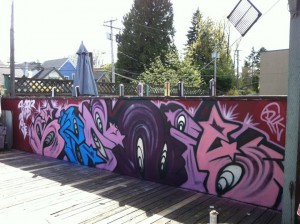
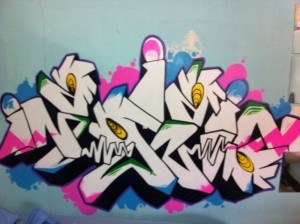
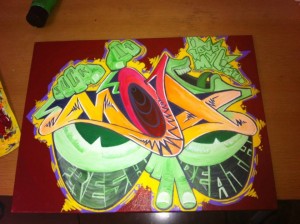

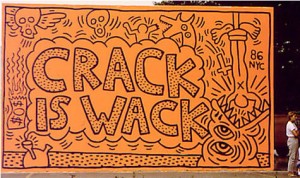


 +
+ 






